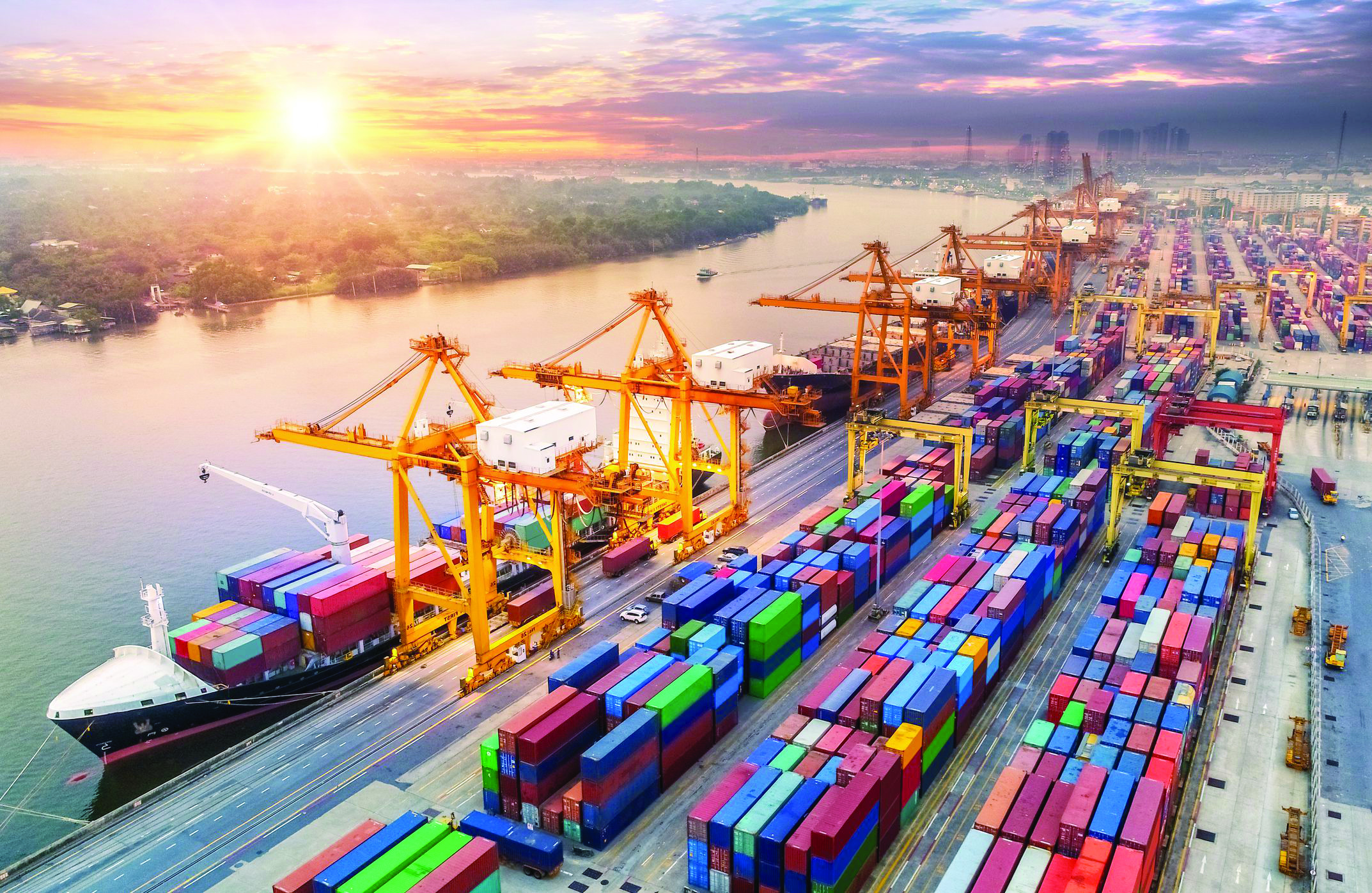
Fostering sea-borne trade through digitalisation, experts and professionals in ports, shipping, and logistics have raised concerns that Pakistan's logistics industry faces annual losses of approximately $36 billion due to offline trade, which is also contributing to the loss of two to three million jobs in the sector.
They shared these views during the 'Pakistan Logistics & Shipping Summit 2025: Navigating Global Trade Dynamics', organised by the Smart Entrepreneur Society (SES) at a local hotel on Thursday.
They stressed that real-time solutions, including processing, tracking, and other digital facilities, are essential to tapping into growth opportunities and competing with the developed world.
On top of that, they noted that while government processes have become nearly real-time, a significant gap remains, with approximately 70% of private sector activities, including those of freight forwarders and related service providers, still relying on outdated and manual methods.
They highlighted various issues linked to foreign trade, pointing out that only 40% of imported containers return as exports from Pakistan, indicating a serious imbalance in trade. They stressed that technology and digitalisation are key to transforming Pakistan's cross-border trade, adding that the government has been supporting public-private partnerships to build trust and enhance the nation's trade efficiency.
Discussing the integrated supply chain, DHA Suffa University Executive Director and Founding President of the Turnaround Management Association (TMA) Pakistan Chapter, Professor Tahir Mahmood Chaudhry, said that an integrated supply chain can raise productivity and profitability by up to 70% and 90%, respectively. He cited global e-commerce giants Amazon and Alibaba as prime examples of digital success, reiterating that Pakistan cannot afford to lag. Enhanced infrastructure, government incentives, and a supportive regulatory framework also play a crucial role in revamping the country's logistics sector and making it internationally competitive.
Asif Pervez, Founder and CEO of Galaxefi Solutions Private Limited, said that digitalisation supports transparency and eliminates tedious manual processes and poor governance. He praised initiatives such as Digital Pakistan, Uraan Pakistan, and Pakistan Single Window (PSW) for laying a solid foundation for modernisation. PSW, in particular, has digitised over 70 government agencies, streamlining customs, licensing, and regulatory processes that previously hindered trade operations. However, technological gaps, hesitation from Small and Medium-sized Enterprises (SMEs) and stakeholders in adopting digital solutions, and slow-paced support for digitisation are still preventing Pakistan from keeping pace with other developing countries.
Pervez added that the private sector is ready and actively investing in state-of-the-art real-time systems. He said, "Systems like Galaxefi are not only ready to complement PSW's achievements but also provide the only true real-time, trustworthy solutions with full PSW support." Galaxefi's platform, which has been formally launched, focuses on cutting-edge integration capabilities and automating critical trade processes. With real-time tracking, automated documentation, and seamless integration with government systems, Galaxefi is expected to significantly boost Pakistan's export capacity, with projections suggesting an increase of up to 0.5 million TEUs by 2026.
Amar Ahmed Mir, Domain Officer of PSW, stated that since PSW began operations in 2022, it has integrated various government entities and stakeholders into its system, while also linking the private sector to facilitate seamless public-private collaboration in foreign trade. He endorsed real-time systems as the solution for fully digitising international trade, stating that PSW has supported and will continue to support private organisations in introducing real-time facilities.
Najeeb Agrawalla, CEO of 1Link, said that in a world where every nation is racing toward digital transformation, Pakistan must not be left behind. Enhanced infrastructure, government incentives, and a supportive regulatory environment can transform the country's 70% offline trade ecosystem into a dynamic, globally competitive digital economy. Smart Entrepreneur Society Founder and Chairman Mehtab Hussain Baloch said bringing all stakeholders under one roof to discuss the challenges is no easy task. He stressed that an integrated supply chain is a must.
























COMMENTS
Comments are moderated and generally will be posted if they are on-topic and not abusive.
For more information, please see our Comments FAQ